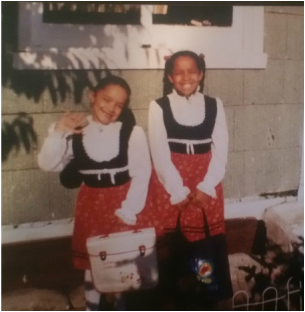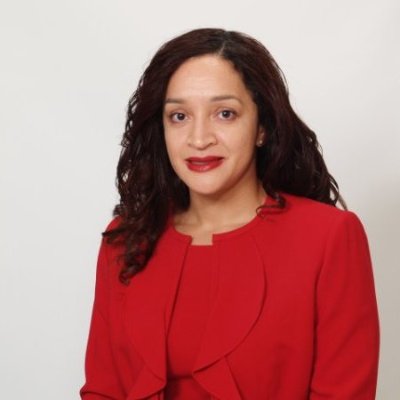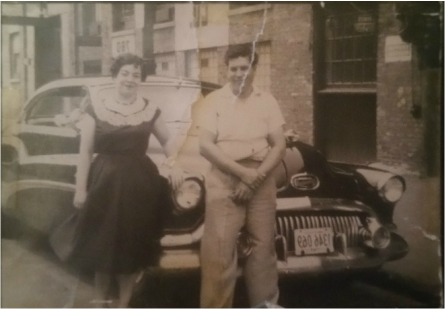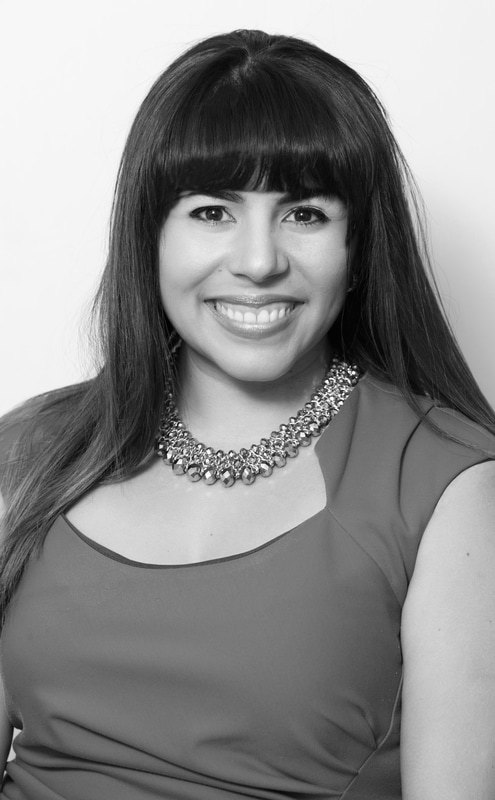Yet, I am left still thinking as great as these recommendations are (as they certainly are better than nothing), what if we evaluated stereotypes when they are first born - when they are first introduced into systems - addressing negative thought processes and personally held attitudes and beliefs about differences directly? Interestingly, CULTIVATE EXCELLENCE interviewed Alberta Johnson, an expert on diversity inclusion before the most recent line of devastating events occurred. Her own story was caught within the lens of a deeply framed childhood experience, that forever shook the core of who she is. On this premise, Alberta embarked on a career to make a difference: diversity inclusion. What Alberta has shared is not only relevant for today but critical for us to hear as we awaken to the realization that we are each responsible for the way we see and treat one another. It is a heart and cognitive issue we must look at to counter the rhetoric of hate if we want don’t want to be set back a century as a nation. Alberta Johnson has three beautiful cultures to cherish. Her mother is Mexican and Irish. Her father is African American and Irish. “It tells the history of my family. My grandmother came here in the 1920s from Mexico, worked in the steel mills and met my grandfather, who was an Irish immigrant from Ireland. I always identified being Hispanic because I grew up in a Mexican culture.” My grandmother came here in the 1920s from Mexico, worked in the steel mills and met my grandfather, who was an Irish immigrant from Ireland. I always identified being Hispanic because A once Chicago based family soon found their new home in the quiet suburbs of South Holland in search of a safer neighborhood to raise their family. However, what awaited them was a far cry from what they had envisioned for their lives. “Being one of the first minority families moving into that area, we faced a lot of discrimination—the bigger part was trying to integrate into the community and not being accepted. People made assumptions about how we made a living. They said my father was a drug dealer—all these crazy things and that my parents did not have legitimate jobs.”  Dangerous Harassment But Alberta and her sister had bigger issues on their hands than feeling socially accepted. Without the help of their grandma walking them through the neighborhoods, they would not have been able to go to school. “We were chased after school and rocks were thrown at our windows. It just wasn't safe.” What Are You? Forced to Choose An Identity Alberta not only faced the anxiety from bullies at school for being a minority but also received constant interrogation about her ethnic identity. ‘What are you? You can’t be more than one race. Why is your last name Johnson, if you’re Mexican?’ Why don’t you speak Spanish?’ "It also depended on who was looking at me and the way I wore my hair that particular day." I always felt that everyone was forcing me to choose one of those sides … Black or Mexican but not both. I never wanted to choose one group over the other.” As time went on, the area became more integrated but it never got easy. Even something as simple as filling out college forms proved to be a enormous challenge for Alberta, since at that time the only normative categories to choose from denied her full self entirely (and only one check box could be selected):
“You were always told you could only check one. So that was the story of my life. I never wanted to choose one group over the other.” Referencing to an experience when someone told Alberta she must be Puerto Rican because she’s Mexican and Black, Alberta recalls, “I never felt comfortable when someone looked at me and projected what they thought I should be." I never wanted to choose one group over the other ... I never felt comfortable when someone looked at me and projected what they thought I should be.” Singled Out Unfortunately, disparity only grew for Alberta in college. Not only did Alberta not fit in, people did not accept her. Her rude awakening to the way people responded to her so naively about being multi-cultural naturally lead her on the path into diversity, or affirmative action as it was called then. “I wanted to educate and help people embrace other’s differences instead of turning away coldly because they could not relate due to perceived differences on the surface.” Changing Her-Story After college, an empowered Alberta learned to leverage her story of racial injustice to inspire and help be the change she herself did not see. It was also a time in the nation where more attention was being given to affirmative action and eventually diversity initiatives. This new change in discourse around race led Alberta to pursue a career representing women, children, minorities and people with disabilities in every sector for The City of Chicago, ensuring fair employment and housing practices and public accommodations in establishments. Businesses started to see the value of having a diverse work force and began ensuring minority-owned business contracts. “It opened my eyes to this other world. What else can I do to leverage to help others embrace differences from people with varying backgrounds?” Through her own journey, Alberta has seen much change but admits there is still a long way to go—It has very much grown. I still feel there are differences that come to light all the time in my current work — What are you? You look this. You look that, as it mostly depends on what my hairstyle is that day.” I try to provide the information and educate. At the same time, it has been emotionally draining. Educating people is my personal route. I don’t let the ignorance bother me because I’ve met so many other people that are open and accepting and do value the diversity. I take the high road. I’ve been through so much already. To stoop to that level, and respond in a negative way is not beneficial. Inform Negative Stereotypes Today, Alberta trains companies nationally on topics like employee engagement and diversity inclusion. In her effort to combat stereotypes in the workplace, she encourages people to use a technique of personalization to counter uninformed negative cultural assumptions. Alberta specializes in helping people to become more open minded and trying to look at others from an informed perspective. For the purpose of our readers, Alberta encourages those who have felt the sting of racial injustice to respond the following way. Never get angry about the situations — Ask the why questions. Why do you feel that way? Why does this bother you so much? Have you ever looked at it from their perspective why they never learned? Personalize it. Imagine if this was your son or daughter, aunt, uncle, brother or sister. It brings people to a point where they start to see it differently. It helps shape it better because they can relate when they had someone they care about go through it.
Alberta serves on the Board of Directors for Chicago SHRM and Chicago International Charter Schools, the Advisory Board for the University of Illinois Children's Hospital and the Treasurer for the Friends of Pediatrics, University of Illinois Children's Hospital. She is also on the Diversity Committee for United Way Metro Chicago.
Comments are closed.
|
PROVIDING A PLATFORM OF KNOWLEDGE THROUGH OUR INSPIRATIONAL BLOG!
We've Also Been Featured On Guest Blogs Too! |
Copyright © 2023 | CULTIVATE EXCELLENCE | [email protected]




